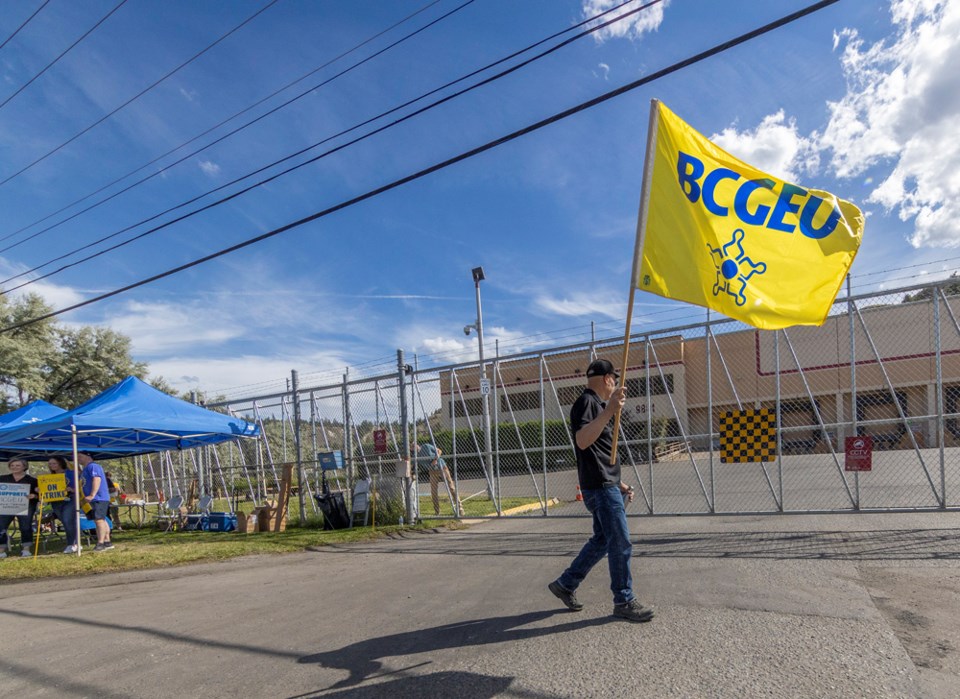The BC General Employees' Union (BCGEU) has accomplished something few thought possible just weeks ago: it negotiated a tentative agreement that is the richest public sector contract seen in many years.
After years of annual wage increases of zero, one per cent or two per cent, the BCGEU was able secure a potential increase of almost 14 per cent over three years.
Its members will receive annual average wage hikes of between 3.8 per cent and 4.5 per cent a year – the biggest increases won by a major public sector union in decades.
On top of that, several thousand members who work in the liquor distribution branch will receive more than $2,000 as a form of pandemic pay for front-line retail workers.
The union was also able to get the employer (the provincial government) to more than double its opening offer of just 5.75 per cent over three years. That kind of movement is almost unheard of in collective bargaining.
And yet, despite this historic breakthrough, some members have been expressing their dissatisfaction with the deal on social media. Some union members have told me they have heard from colleagues who intend to vote against the contract.
It appears some of the discontent is linked to the disappearance of a $2,500 signing bonus proposed by the government just before picket lines went up around liquor distribution warehouses. That is understandable.
Many union negotiators generally don’t like signing bonuses because are one-time payments that are not built into base pay, while even a small percentage increase will, over a long period of time, generally exceed the size of most signing bonuses.
In this case, it appears the union opted to give up the signing bonus in order to boost the wage increase in the second year of the contract. Depending on the cost of living increase, the increase will be between 5.5 per cent and 6.75 per cent.
Others seem to think the annual wage increases should equal the inflation rate each and every year, which is a position not grounded in political reality.
The BCGEU deal will serve as the template for other public sector unions negotiating new contracts (the Hospital Employees Union has reached the exact same tentative deal as the BCGEU and there has been no grumbling from its membership about it).
As a result, the total cumulative cost of this round of negotiations will likely be around $10 billion over the next three years. Given the other cost pressures and spending priorities facing government, I doubt there is much appetite to provide even more billions of dollars to public sector employees to meet inflation demands (tying wage hikes to a seven-per-cent inflation rate would cost an additional $5 billion or so over three years).
A BC NDP government in particular has to be careful about giving away the farm to public sector unions.
Nevertheless, unions across Canada are getting the highest wage increases seen in years. In Ontario, the private sector workforce is averaging annual increases of 4.1 per cent (more or less what the BCGEU and the HEU have agreed to).
BCGEU members will get the nitty gritty details of their tentative agreement this week. They would be wise to take a close look at them – and realize the historic significance of what they are being asked to approve.
Keith Baldrey is chief political reporter for Global BC.




